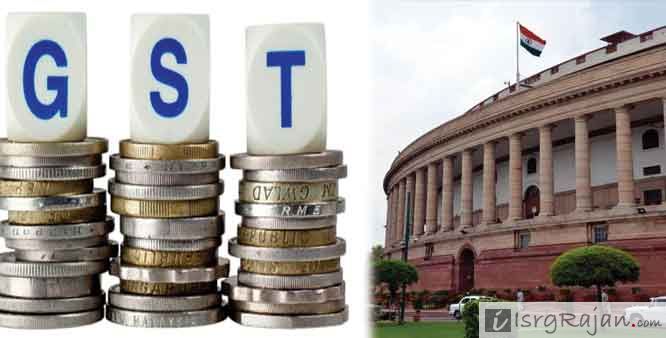Having stolen much of the highlight of the news channels since its inception, GST (Goods and Service Tax) bill, also known as the 122nd Amendment bill, is now all set to be implemented after getting final nods from both the houses of Parliament and the President. The bill was first proposed in Lok Sabha on 19 December 2014 by Finance minister, Mr. Arun Jaitley and after undergoing much ratification, it was finally passed on 8 September, 2016.
The consumer is made the king this time after the biggest reform is brought about in the taxation system with the introduction of the GST bill.
- What is GST? – Quite simply, it is Goods and Services Tax. As is suggestive from the name, it is the tax levied on goods and services bought by a consumer.
- Why do we need GST? – It is because the current taxation system in India is cascading. That means when we buy something, the tax we pay on it is actually taxation over already taxed amount. This cascading effect not only makes every buyer in the supply chain to pay extra tax but also affects the product’s competition in the international market.
- What is the motive of GST? – The motive of GST is to maintain a uniform tax throughout the country. The indirect taxes that we’d been paying will come under one tax. GST will have two components namely, Central GST and State GST. The tax collection will be separate for both of them but the one who pays tax will still see it in one bound tax.
- How does GST work? – When a seller sells a product to a consumer, who may or may not be the ultimate consumer, the tax he collects from the consumer is the tax on the seller’s amount minus the amount of tax which the seller already paid.
For example, let’s say there is a manufacturer who buys raw material for Rs. 100 pays 10% tax on it which is Rs. 10. By manufacturing product out of the raw material, he adds a value of say Rs. 30 and the gross value sums to be Rs. 130. If he sells this to a wholesaler, the tax on the gross value is Rs. 13. Under GST, he can set of this tax of Rs. 13 against the tax which he has already paid on raw materials i.e. Rs. 10. Hence the effective tax that the manufacturer pays is Rs. 13 -11 = Rs. 3 only. The same setting off of the tax follows down the supply chain and cuts your taxing cost about 15 to 20%!
- Other important things to know about GST –
- GST will be levied at varying rates ranging from 0 to 28% in which it is lower for essential items and higher for luxurious items.
- Items like mobile phones, commercial vehicles, textile, branded jewellery etc. can become costlier and items like car batteries, paints, house, movie tickets, electronic appliances etc. can become cheaper.
- Petroleum, fuels, crude oil, liquor for human consumption etc. Are exempted from GST.


